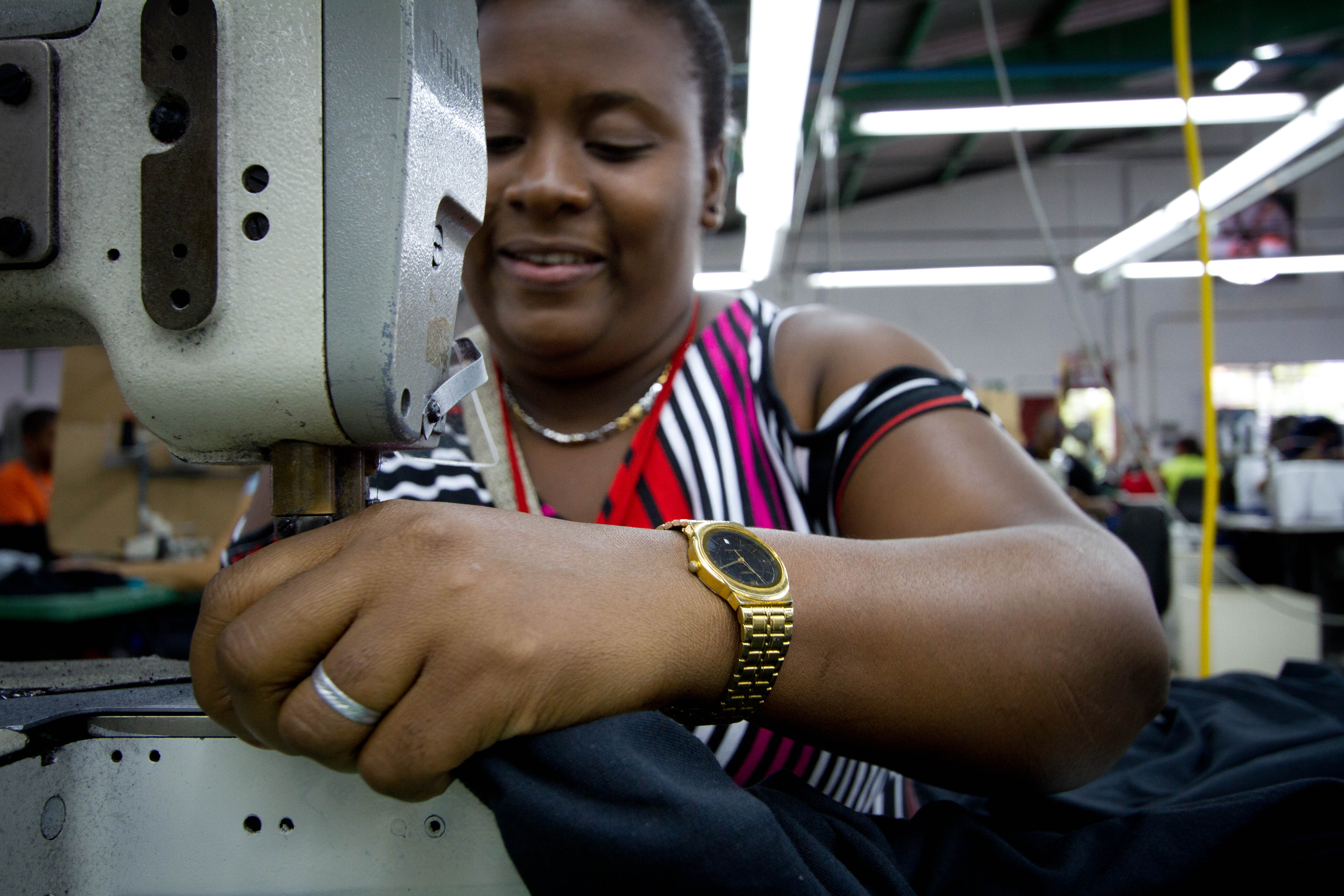LES CAYES, Haiti — For years, the road from here to the coastal city of Jérémie has been paved with good intentions, but never with asphalt.
Well-meaning international organizations and donors built schools in the villages that dot the roadside, purchased goats for children to raise and sell and donated supplies for home repair. But those projects came and went, barely making a dent in the region’s gripping poverty. All the while, the road itself deteriorated into a 62-mile stretch of rocks and mud, making travel difficult and sometimes deadly.
Last week 40 passengers were killed when their bus overturned trying to cross the flooded Riviére Glace — Ice River —that dissects the passage, according to government figures from the incident.
Now, the passage known as National Route 7 is in the middle of a $142 million development project that in many ways is a model of the successful, long-term development Haiti desperately needs.
GlobalPost set out to find what insight this road can offer the myriad of small reconstruction projects underway here and throughout Haiti that are largely failing to bring about lasting change despite billions of dollars in post-earthquake reconstruction aid.
Read the full story as it appeared at the Global Post.

